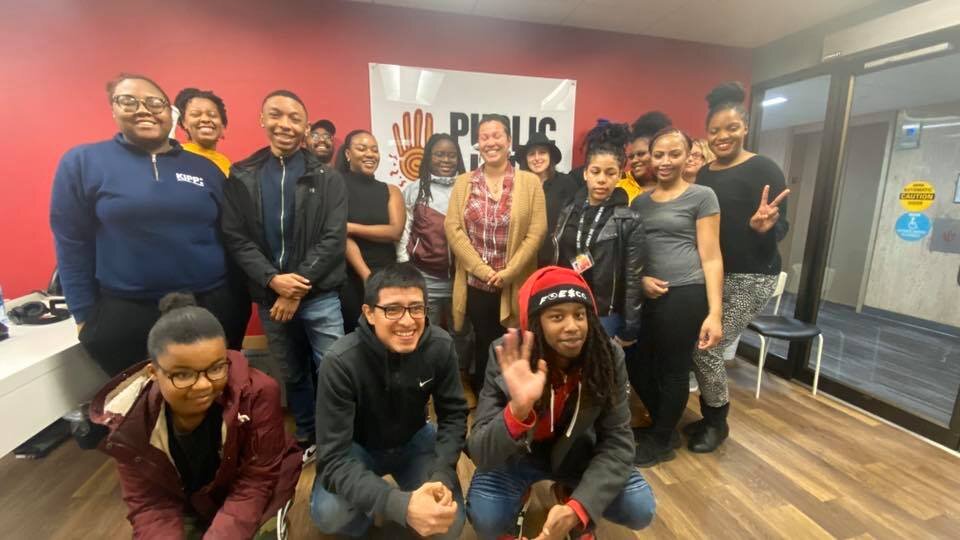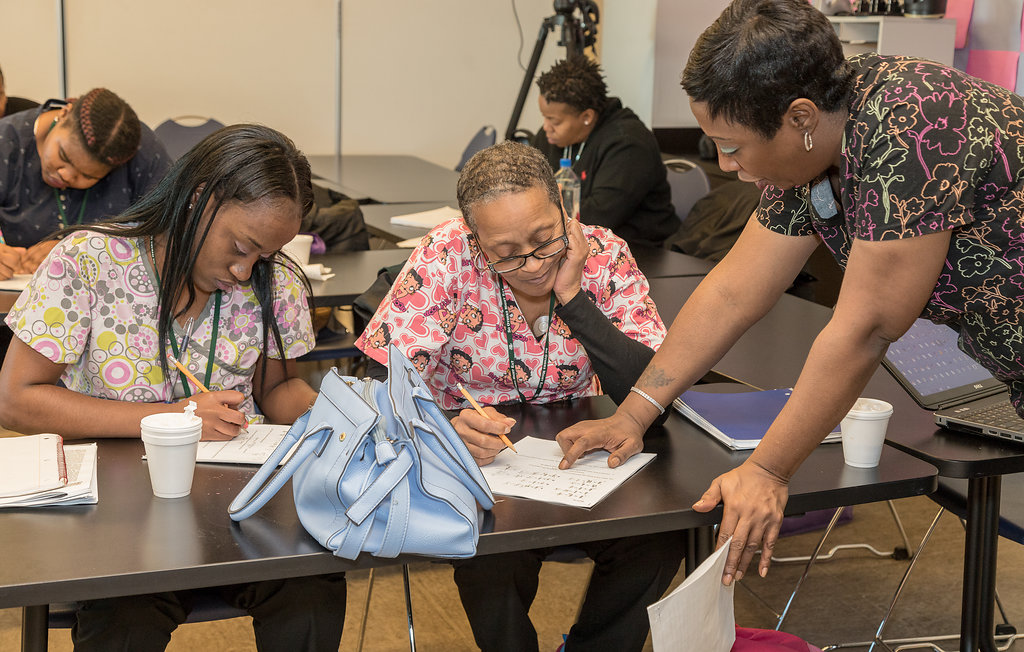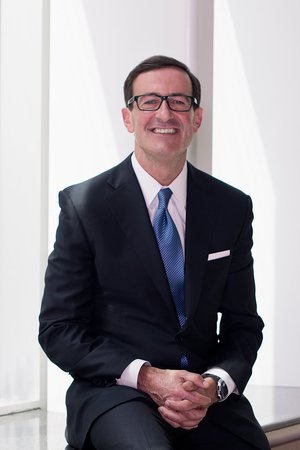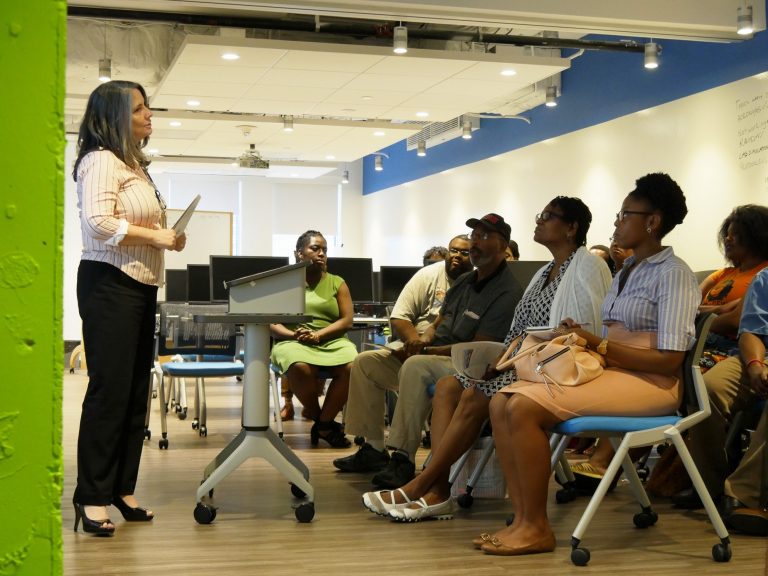In 2007, The Greater Washington Community Foundation and partners launched the Greater Washington Workforce Development Collaborative, to bring philanthropy together to fund support system responses to address high unemployment at a time when our region’s neighbors were being negatively impacted by an economic recession.
Thirteen years later, the COVID-19 pandemic exposed economic realities in our country and our region that had long been there. Deep structural flaws in the American system of work, the labor market, and entrenched racial and economic inequity.
We heard from workers and organizations across our region that the lack of paid family leave, adequate and affordable childcare, irregular scheduling practices, and too few opportunities for workers to take collective action, to name of a few, contributed to a sense that the American system of work was deeply flawed.
Today, the Collaborative is pleased to share that we have heard you and we are committed to working differently.
In 2022, we made the risky but necessary decision to pause and engage in a robust listening and learning discovery process to explore: the collaborative’s position in the community and within the ecosystem, the needs of the community and organizations to advance policy and systems solutions to economic inequity in the region and if a revised direction of the Collaborative was needed. The same spirit that propelled the creation of the Collaborative propelled it to reevaluate its role and position in the continued fight for economic justice.
We know that our economy leaves too many people behind and our workforce development systems often fall short in providing true opportunity for many - particularly for Black, Indigenous, immigrant, people of color, ethnic minorities, women, youth, and other people with intersecting identities.
Indeed, recent analysis has illuminated that Black unemployment in DC is nearly 7 times higher than white unemployment and geographically concentrated. In 2022, average Black unemployment was 9.6 percent, compared to only 1.4 percent among DC’s white workers, a ratio of nearly 7 to 1, the worst in the nation.
As we look ahead, the Greater Washington Workforce Collaborative is evolving our name, mission, vision, and frameworks that will guide our investments and decision making toward advancing economic justice, equity, and regenerative philanthropic practices.
Our new name - Reimagine - reflects our earnest interest and commitment to working alongside stakeholders and the community to advance systemic workforce development solutions rooted in economic justice and with a focus on reimagining, redistributing, and rebalancing work, opportunity, and sustainability. Our efforts are rooted in a human rights orientation that center workers with a commitment to rest and restorative practices.
The inputs that propelled our collaborative to pause and consider our collective understanding that how and to what ends we organize as a group of funders, engage with one another and our partners, right-size power, make our decisions, and choose our strategies brought us to this moment to Reimagine what is possible in our region and the role of philanthropy.
“The Community Foundation is excited to ‘Reimagine’ what is possible in our region and the role of philanthropy through this initiative,” Tonia Wellons, President & CEO of The Community shared. “By adapting our frameworks, models, and orientations to the needs of our community, we are better prepared to not only make a greater philanthropic impact but also to achieve our vision of closing our region’s racial wealth gap.”
We know that this is just the beginning.
We welcome like-minded investors and funders to join this evolving funder collaborative. We invite community members and organizations to shape and contribute to our vision and strategies.
We aspire to learn together, co-create alongside a broader set of community partners, and to continuously evolve our understanding and operationalization of regenerative philanthropic practices rooted in economic justice and shared prosperity for the region.
If you are interested in learning more about our journey and next steps, please contact Dawnn Leary at [email protected]











![School+at+Work+Students[2].jpg](https://images.squarespace-cdn.com/content/v1/58f791ec37c58188d411874a/1540581049324-JZJZAX4HMWWEZETX2DB0/School%2Bat%2BWork%2BStudents%5B2%5D.jpg)



